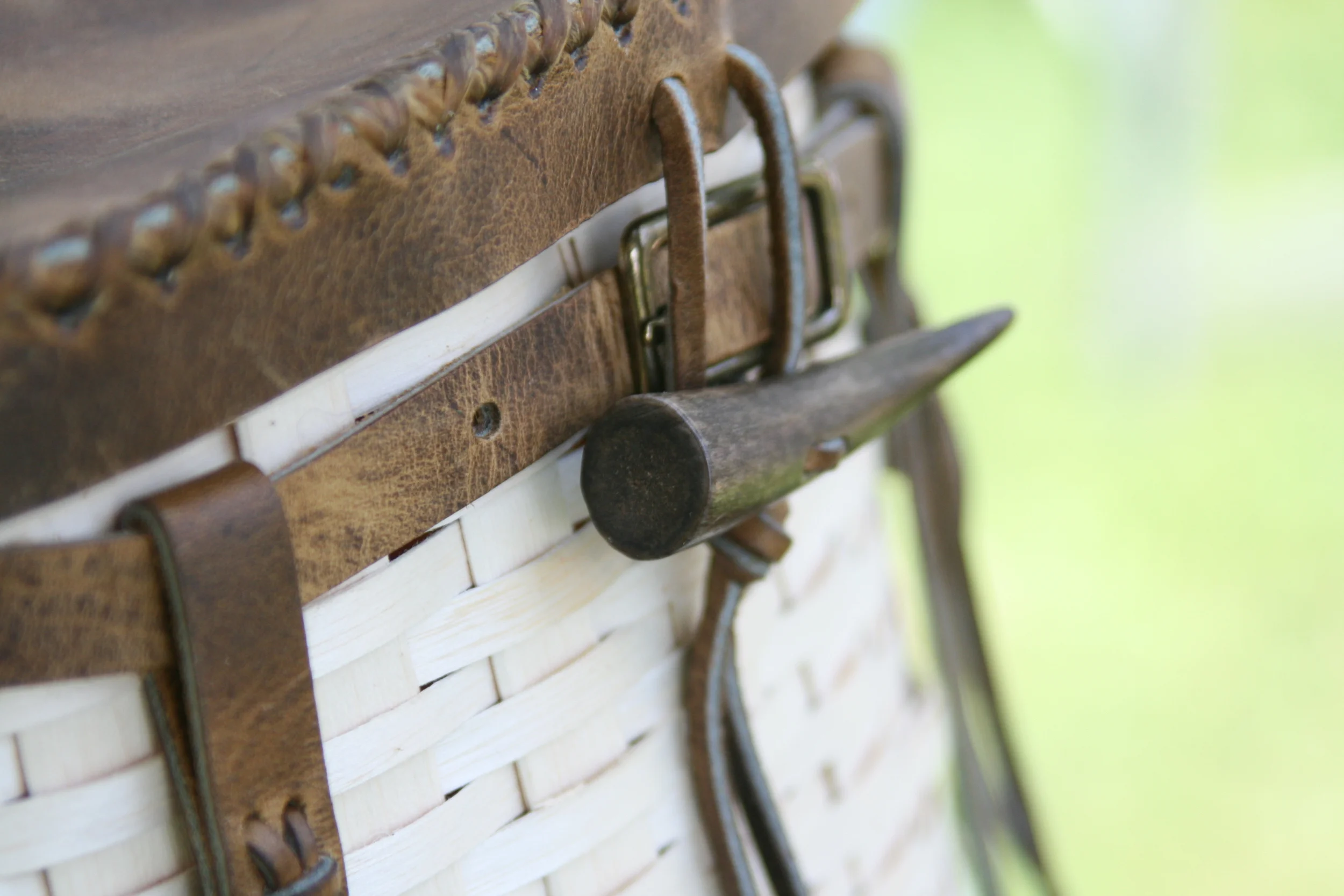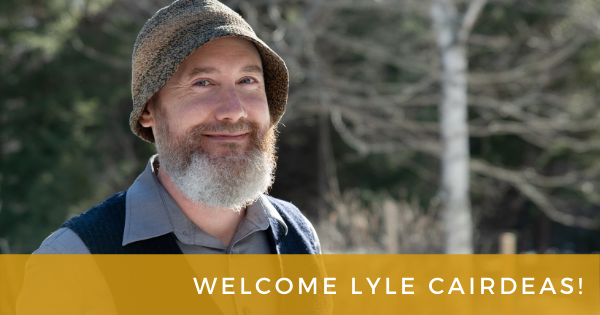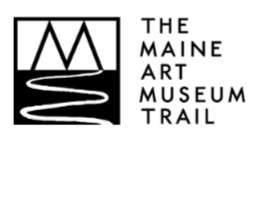Lyle Cairdeas Joins the Abbe Museum
/The Abbe Museum is pleased to announce the selection of Lyle Cairdeas as its new Director of Collections and Exhibits.
"The Director of Collections and Exhibits is a unique and important position," says Chris Newell, the Abbe's Executive Director and Senior Partner to Wabanaki Nations. "With the Abbe Museum’s commitment to our Decolonization Initiative, this position required expertise in collections, exhibits, and research, as well as a track record of work with Native communities that implements the power-sharing necessary for equitable relationships. Lyle is ready and eager to continue this decolonization work, strengthening the Abbe's bonds to the Wabanaki communities, creating equitable partnerships, and looking ahead to training the next cohort of up-and-coming Wabanaki museum professionals. He was a standout candidate for a position with very specific needs, and we look forward to welcoming him to our team."
Lyle Cairdeas joins the Abbe with an MS in Folklore and an MFA in Fine Arts from the University of Oregon. While in Oregon, Lyle worked for over seven years at both the Oregon Folklife Network (OFN) and the Museum of Natural and Cultural History (MNCH) as a Folklorist and Exhibit Developer. He co-authored the 2nd edition of Exhibit Makeovers and, along with his colleagues at MNCH, received the 2020 Oregon Heritage Excellence Award for the exhibit Racing to Change: Oregon’s Civil Rights Years—The Eugene Story. Most recently Lyle taught art, art history and managed gallery internships at James Madison University.
“I believe the arts, exhibits, and public programming can have a beneficial impact on our society,” Cairdeas said of his new appointment. “I strive to serve as a bridge, connecting individuals with information, creativity, and one another to foster healthy communities. I acknowledge the systemic issues inherent in the colonial roots of collecting institutions — issues centered around representation and authority. I am honored and humbled to join the talented staff at the Abbe Museum in dismantling the harmful legacies of colonization, enacting shared historical authority, and lifting up the voices of the Wabanaki people represented in the Abbe’s collections."






